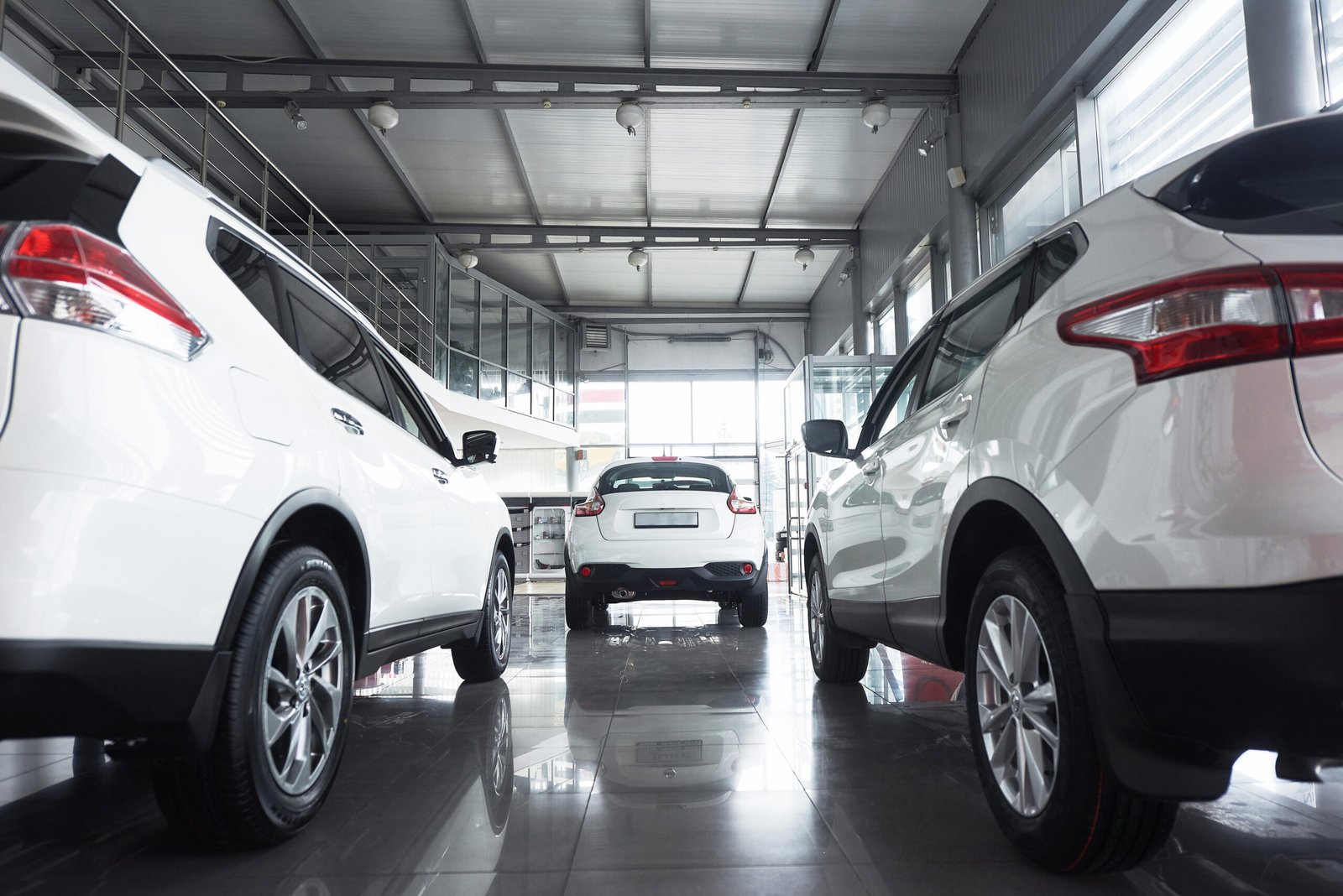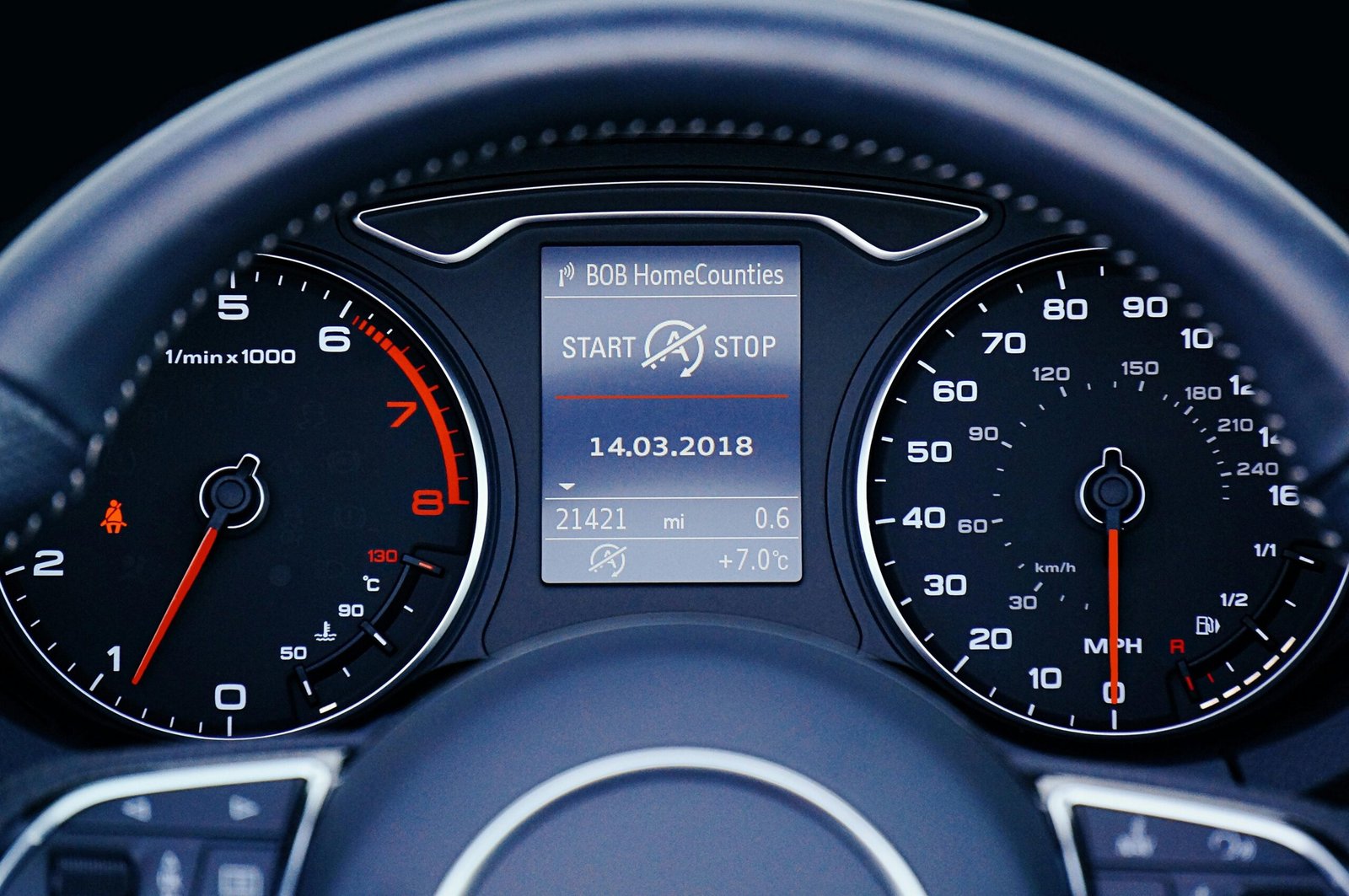Introduction to Car Buying in the UK
The car buying journey in the UK can be an exhilarating experience, offering a variety of choices between the latest models and nearly new vehicles. This decision is not just about picking a car; it’s about choosing a lifestyle, managing finances, and considering long-term plans. The right choice can provide years of satisfaction, while the wrong choice can lead to regret and financial strain. This guide aims to shed light on the key aspects of buying new versus nearly new cars, helping you make a decision that aligns with your personal and financial goals.
2. Benefits of Buying a New Car
Latest Technology and Features
New cars often come packed with the latest advancements in automotive technology. From state-of-the-art safety systems like autonomous emergency braking and lane-keeping assist to hybrid and electric powertrains offering improved fuel efficiency and reduced emissions, new cars are at the forefront of innovation. Additionally, connectivity features such as Apple CarPlay, Android Auto, and advanced navigation systems make for a more connected and enjoyable driving experience.
Manufacturer’s Warranty
The comprehensive warranty that comes with a new car is a significant advantage. It typically covers a range of components and systems, ensuring that any faults or defects are rectified without additional costs to the owner. This warranty often includes roadside assistance, adding an extra layer of convenience and security.
Customization Options
One of the most enticing aspects of buying a new car is the ability to customize it. Buyers can select from various colors, finishes, and accessories, tailoring the vehicle to their exact preferences. This level of customization allows for a more personal connection with the car.
3. Advantages of Choosing Nearly New Cars
Lower Depreciation Costs
The depreciation curve is steepest in the first few years of a car’s life, meaning nearly new cars offer excellent value. Purchasing a car that’s one or two years old can result in substantial savings while still providing many of the benefits of a new car, such as modern features and reliability.
Existing Manufacturer’s Warranty
Nearly new cars often still carry the balance of the manufacturer’s warranty, offering a layer of protection and peace of mind. This warranty can cover unexpected repairs and maintenance issues, similar to that of a new car.
Lower Insurance Costs
Insurance premiums for nearly new cars are typically lower than for new cars. This is because the car’s value, which is a key factor in determining insurance costs, is lower for nearly new vehicles.
4. Financial Considerations
Initial Investment
The initial cost of a new car is invariably higher than that of a nearly new car. This difference can be substantial, impacting your budget and potentially leading to higher financing costs if a loan is required.
Long-Term Value
While nearly new cars offer immediate savings, new cars may hold their value better in the long run, particularly if they are well-maintained and from a brand with a strong reputation for reliability and resale value.
5. Environmental Considerations
Choosing a nearly new car can be more eco-friendly. By extending the life of an existing vehicle, you contribute to reducing waste and the environmental impact associated with manufacturing new vehicles. This choice supports a more sustainable approach to car ownership.
- Reduced Manufacturing Impact: The production of new vehicles requires significant amounts of energy, raw materials, and resources. By opting for a nearly new car, you help reduce the demand for new vehicle production, which in turn lowers the environmental impact associated with manufacturing processes.
- Lower Emissions: New vehicles, especially those with internal combustion engines, contribute to greenhouse gas emissions during manufacturing, shipping, and their initial years of operation. A nearly new car may have already gone through the period of highest emissions, making it a more environmentally friendly choice.
- Extended Vehicle Life: When you buy a nearly new car and maintain it properly, you can extend its useful life, reducing the need for premature disposal. This, in turn, reduces the number of old vehicles being scrapped, which can release harmful pollutants into the environment.
6. Tips for Making the Right Choice
These are excellent tips for making the right choice when buying a car. Here are a few more tips to consider when making a decision:
- Determine Your Needs: Assess your specific needs and priorities in a vehicle. Are you looking for a compact car, an SUV, a truck, or a hybrid? Knowing your requirements will help you narrow down your choices.
- Research Vehicle Models: Once you’ve identified your needs, research different vehicle models that meet those criteria. Read reviews, compare features, and consider factors like safety ratings and reliability.
- Set a Budget: Establish a budget for your car purchase and stick to it. Factor in not only the purchase price but also ongoing expenses like insurance, fuel, and maintenance.
- Test Drive: Always take the vehicle for a test drive. This will give you a feel for how the car handles and whether it meets your comfort and driving preferences.
- Check for Incentives: Keep an eye out for manufacturer incentives, rebates, or special financing offers. These can help you save money on your purchase.
- Review the Warranty: Understand the manufacturer’s warranty and any extended warranty options. A good warranty can provide peace of mind and potentially save you money on repairs.
8. FAQs
Q: How quickly do new cars depreciate?
A: New cars typically depreciate the most in the first year, often losing around 20-30% of their value. The rate of depreciation varies by make and model.
Q: Are there any risks to buying a nearly new car?
A: The main risks involve the car’s history. It’s important to ensure the vehicle has been well-maintained and hasn’t been involved in any major accidents. A full service history and a vehicle history check can mitigate these risks.
Q: Can I negotiate the price on nearly new cars?
A: Yes, there’s usually room for negotiation when buying a nearly new car, especially from a dealership. Researching the market value and being prepared to negotiate can lead to a better deal.
7. Conclusion
Choosing between a new and nearly new car in the UK is a decision that involves multiple considerations. By evaluating your driving habits, considering total ownership costs, and exploring financing options, you can make a well-informed choice that aligns with your budget and preferences. Additionally, opting for a nearly new car can have environmental benefits by extending the life of existing vehicles and reducing the environmental impact associated with manufacturing new ones. Ultimately, with careful thought and research, you can find a car that not only meets your needs but also contributes to a more sustainable approach to car ownership while providing satisfaction for years to come.




